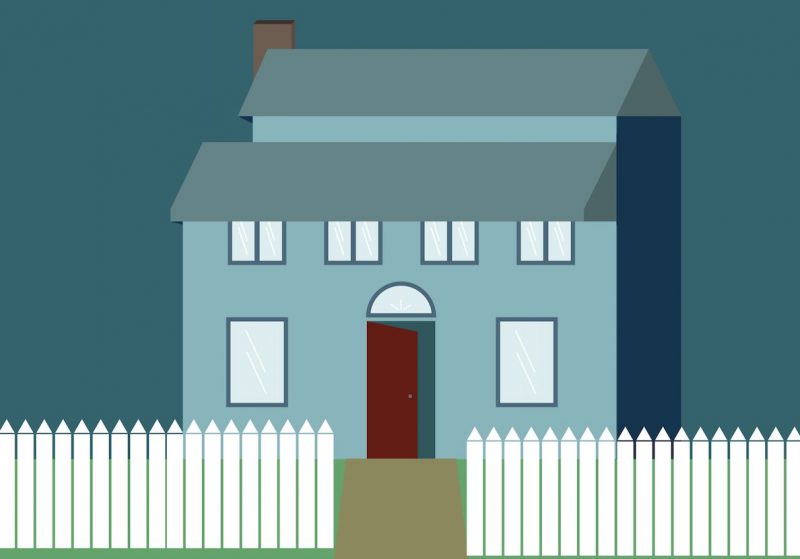
Illustration by Jessica Turner.
The Dallas Central Appraisal District recently sent out its property appraisal notices to homeowners, and many are wondering how to protest them.
Firms can be hired to help, or homeowners can protest. However, if property values have increased sharply and the tax increase is capped at 10%, tax professionals may not be able to argue the value below the cap. And these firms are usually paid based on a percentage of taxes saved, so if the new value isn’t below the cap, the homeowner won’t see any tax savings, and the firms won’t make any money.
Protests can be filed against any appraisal district action that affects your property. Some examples are if the proposed property value is too high; if the property is valued unequally compared with others in the appraisal district; if the chief appraiser denied an exemption; if records show an incorrect owner; or if the property is being taxed by the wrong taxing units.
Protests may be filed online through the uFile system. Go to the DCAD website, find your property, and then click “uFile Online Protest.”
From there, follow the online instructions.
All protests have to be filed on or before midnight on May 16. You should get an email within one business day to confirm that the protest has been filed.
Protests can be resolved informally with an appraiser.
But if not, protests are heard by the Appraisal Review Board, which receives evidence from the appraisal district and property owner and makes a decision based on the evidence presented. After a decision is made by the panel, a quorum of the full board has to approve it, and then a written notice of final order is mailed to the property owner or the owner’s agent.
Toby Toler of Toler Co. says anyone who protests valuations should “be their eyes and ears”; present the board with information the appraisal district doesn’t have or can’t find out just by driving down the street. Print out photos of your home, and be prepared to talk about the condition of the property.
Also, Toler says to be sure to ask for the appraisal district’s evidence and notes before the scheduled hearing. Homeowners are entitled to get the information the district has.
Even if there aren’t tax savings this year, Toler says it’s worth it to make sure the value and desirability of homes is correct in the records. For example, if DCAD says a home is “average,” but it’s really “fair,” getting that desirability rating corrected could benefit homeowners in the future.
For more information about the protest process, click here.






